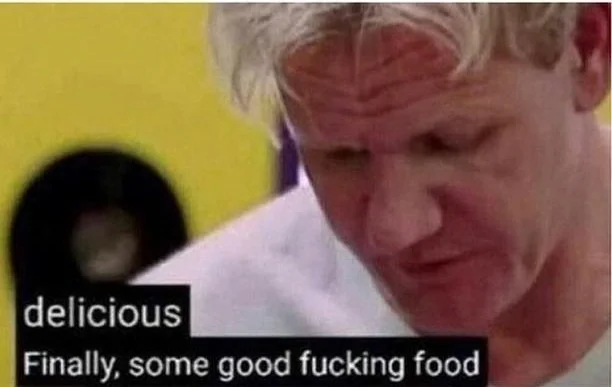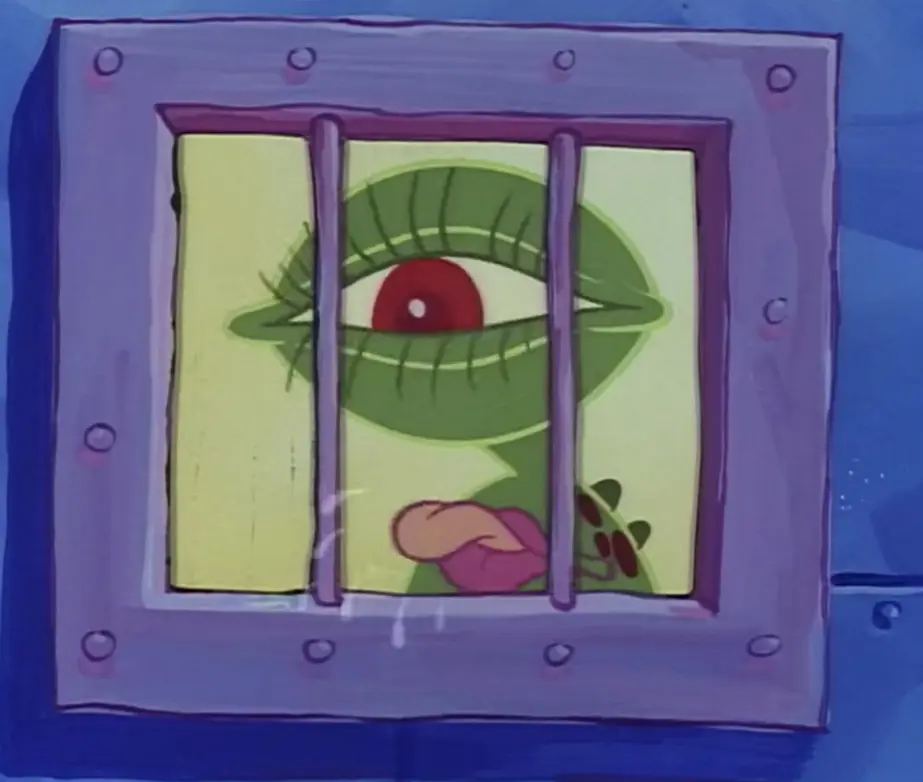Hi everyone, I have always kind of been interested in composting. However, I live in an apartment in a city, and I am not sure whether this will make my house stink or how to even use the compost. Does anyone have any advice?
Bokashi composting would work
Thanks, I’ll look into that.
Isn’t most paper laser printed these days (e.g. plastic based toner)? I don’t think I’d put that in my compost. It’s also easily recycled, so why compost it? Same with cardboard. This infographic seems very flawed.
Noob question, but what’s the point of alternating between layers of greens and browns if you’re supposed to mix it all afterwards?
If you read my top-level comment, you’ll see I’m not a big fan of this infographic. It makes composting out to be way more complicated than it actually is, and implies that composting is like a cooking recipe: leave out one ingredient or add something at the wrong time and the whole thing turns out wrong. For instance, I’ve never added grass clippings (no lawn), shredded paper/cardboard* (don’t trust it to be chemical-free), or soil (except soil stuck to dead plant roots; I’ve read it slows down the composting process) to my compost bin.
At my house, stuff goes in the compost bin as it’s available: kitchen scraps as they’re produced, garden waste as the seasons change and I swap out plants for the next round of crops, etc. I do maintain a box of brown matter so I can sprinkle some in from time to time to keep the bin from getting too smelly. I definitely don’t add the “correct” ratio of green:brown matter as I produce way more of the former than the latter, and I’m not about to go out and obtain more materials just for the sake of keeping my compost balance perfect. Someday when I’m not renting and have more space than my current postage stamp yard and more control over my yard, I want to produce better compost with more balanced ingredients, better temperature regulation, and more regular turning so I can create a more self-sufficient garden that doesn’t require buying dozens of bags of compost every year. However even working within my current constrained situation I’ve managed to keep a massive amount of organic matter out of the trash bin, and even produce some enrichment I can add to my less fussy plants’ soil.
tl;dr: the layers are not actually important in practice, but they make for a nice, clean infographic. If you’re new to composting, the most important thing is to just focus on what is/is not compostable.
It’s really just that it 1. makes it easy to judge that you have a good ratio, and 2. gives you a start to intermixing them. You really shouldn’t leave it in layers, except maybe to have some dry stuff on top to help keep it from drying out. Mix as thoroughly as is reasonable.
You can also compost natural clothing. I’ve composted old jeans and woollen clothing. It takes ages and you need to remove the zips/buttons, but they do break down.
Tried this and somehow at some point it turned into a worm city and now I having trouble keeping up with the demand of food for the critters.
The scraps from a soup and vegetables dish day are gone over the course of one night.
And paper and cardboard can go into the pile?
If you are talking about earthworm then this is excellent news for you, worms are usually s very good indicator of soil fertility.
Yes. My composter is full of red groundworms. Good to know.
If you have a course grid at a elevated bottom of your bin you can take the earth from the bottom, the worms will stay at the top where you fill it. Worms will take care of paper over time but they prefer plant matter.
You garden after you put your worm castings filled compost in it:





